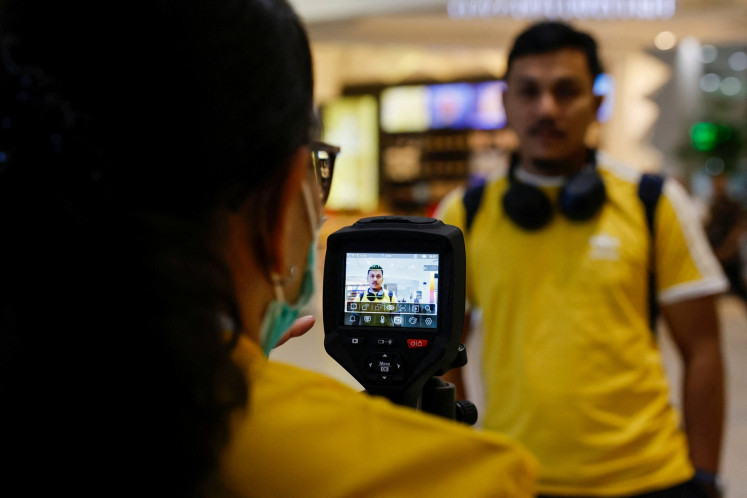Popular Reads
Top Results
Can't find what you're looking for?
View all search resultsPopular Reads
Top Results
Can't find what you're looking for?
View all search resultsHow to navigate the ups and downs of remote working
Change text size
Gift Premium Articles
to Anyone
D
espite its benefits, remote working puts workers at risk of social detachment, which can be detrimental to a varying degree. Fortunately, there are ways to deal with it, such as self-management.
The rising popularity of remote working opens up new opportunities. Remote working allows workers to take on jobs not available in their areas which also often comes with better pay.
However, remote working has its drawbacks. A 2021 joint survey by the youth mental health community Into the Light and social change platform Change.org revealed that 98 percent of people living in Java during the pandemic’s stay-at-home policy experienced loneliness, which afflicts people across genders and ages.
"The lack of interactions with colleagues is quite a drawback," said Bella Devy Permana, a 26-year-old private company employee who has spent more than half a year working remotely. In spite of this, she added that remote working had generally been a "good experience" for her.
A void to fill: Bella Devy Permana, who has been working remotely for more than half a year, admits that she misses the interaction between her and her colleagues. (Courtesy of Bella Devy Permana) (Courtesy of Bella Devy Permana/.)Such is also the case for Eko Romadona, a 24-year-old full-stack designer who mostly works from home and only goes to the office once a month. He enjoys the remote working system but admitted that it was not without inconveniences.
"When it comes to remote working, [among the challenges are] the difficulty to find inspiration, not being able to bond with my coworkers, higher internet spending and overtime [that goes beyond traditional hours] at times," said Eko.




















